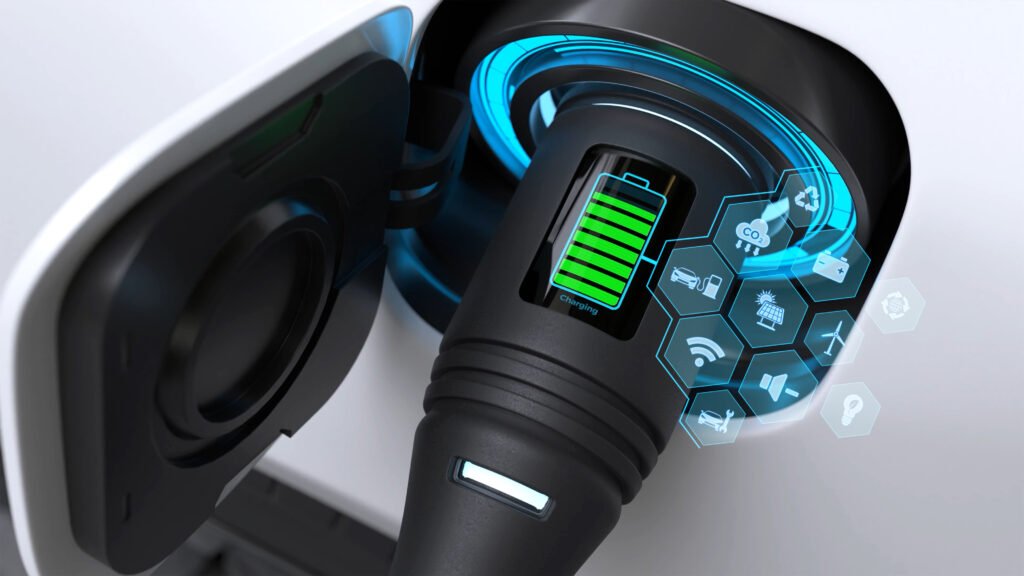How much does charging a Tesla at home cost? As a Tesla owner, you’re likely curious about the expenses associated with charging your electric vehicle at home. Understanding these costs can help you manage your energy expenses and make informed decisions about your vehicle’s maintenance.
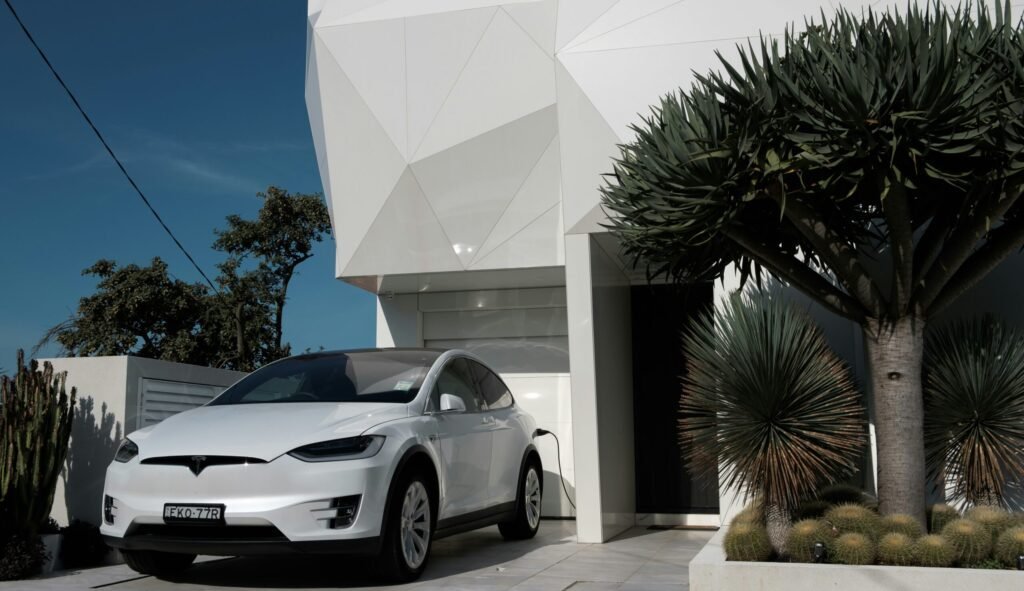
Charging your Tesla at home can be convenient, but it’s essential to consider the costs involved. You’ll need to factor in the cost of electricity, the type of charging equipment you use, and other relevant factors that impact your overall expenses.
Key Takeaways
- Understand the factors that affect the cost of charging your Tesla at home.
- Learn how to calculate your energy expenses.
- Discover ways to optimize your charging costs.
- Explore the different types of charging equipment available.
- Get tips on how to reduce your energy consumption.
Factors Affecting Tesla Home Charging Costs
Understanding the factors that affect Tesla home charging costs can help you save money. The cost of charging your Tesla at home is not fixed and can vary based on several key elements.
Electricity Rates in the United States
Electricity rates in the U.S. vary significantly from state to state and even between different utility companies. For instance, Hawaii has some of the highest electricity rates, while states like Washington have relatively low rates. You can check your local electricity rate to estimate your tesla charging cost at home.
Tesla Model and Battery Capacity
The model of your Tesla and its battery capacity play a crucial role in determining charging costs. Different Tesla models have different battery sizes, affecting how much electricity is needed for a full charge. For example, the Tesla Model 3 Long Range has a larger battery than the Standard Range model, resulting in higher charging costs.
Home Charging Equipment Options
The type of home charging equipment you use can also impact your charging costs. Tesla offers various charging solutions, including the Wall Connector and the Mobile Connector. The efficiency and cost of these chargers can vary, influencing your overall cost of charging tesla at home.
| Tesla Model | Battery Capacity (kWh) | Estimated Charging Cost |
|---|---|---|
| Tesla Model 3 Standard Range | 50 | $4.50 |
| Tesla Model 3 Long Range | 75 | $6.75 |
| Tesla Model S | 100 | $9.00 |
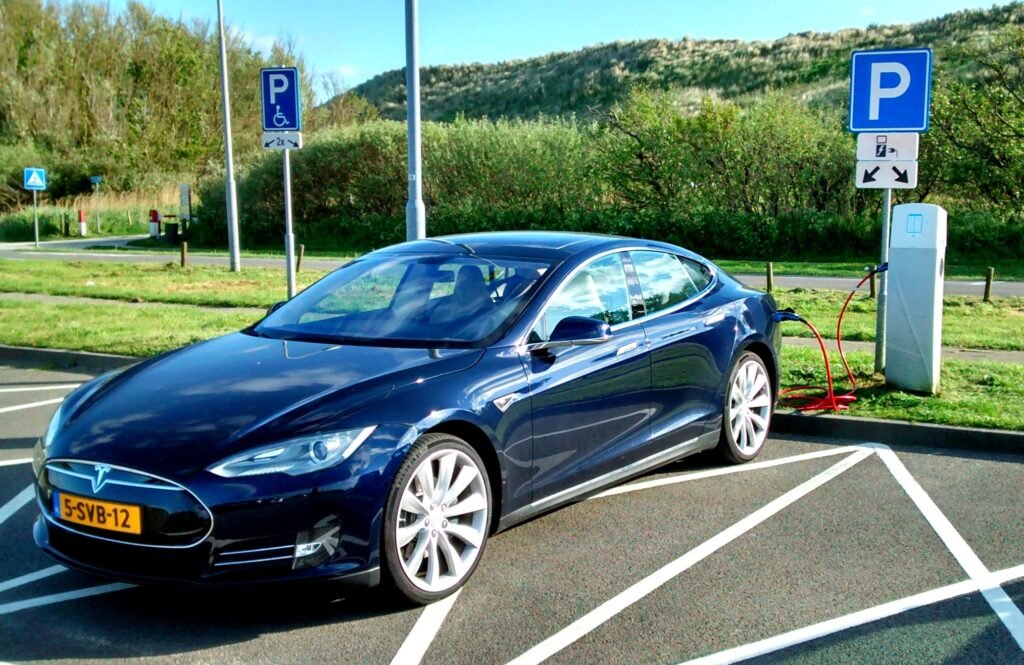
How Much Does Charging a Tesla at Home Cost?
The cost of charging a Tesla at home varies based on your electricity rates, the model of your Tesla, and your home charging setup. To give you a clear understanding, we’ll break down the cost calculation formula and provide examples for different Tesla models.
Cost Calculation Formula
To calculate the cost of charging your Tesla at home, you can use the following formula: Cost = (Battery Capacity in kWh) * (Electricity Rate in $/kWh). For instance, if your Tesla has a 75 kWh battery and your electricity rate is $0.13 per kWh, the cost to fully charge your Tesla would be 75 kWh * $0.13/kWh = $9.75.
It’s essential to know your electricity rate, which can be found on your utility bill or by contacting your electricity provider. Additionally, you should consider the efficiency of your Tesla model, as it affects the actual cost.
Real-World Examples by Tesla Model
Let’s look at the charging costs for different Tesla models using the average U.S. electricity rate of $0.13 per kWh.
Model 3 Charging Costs
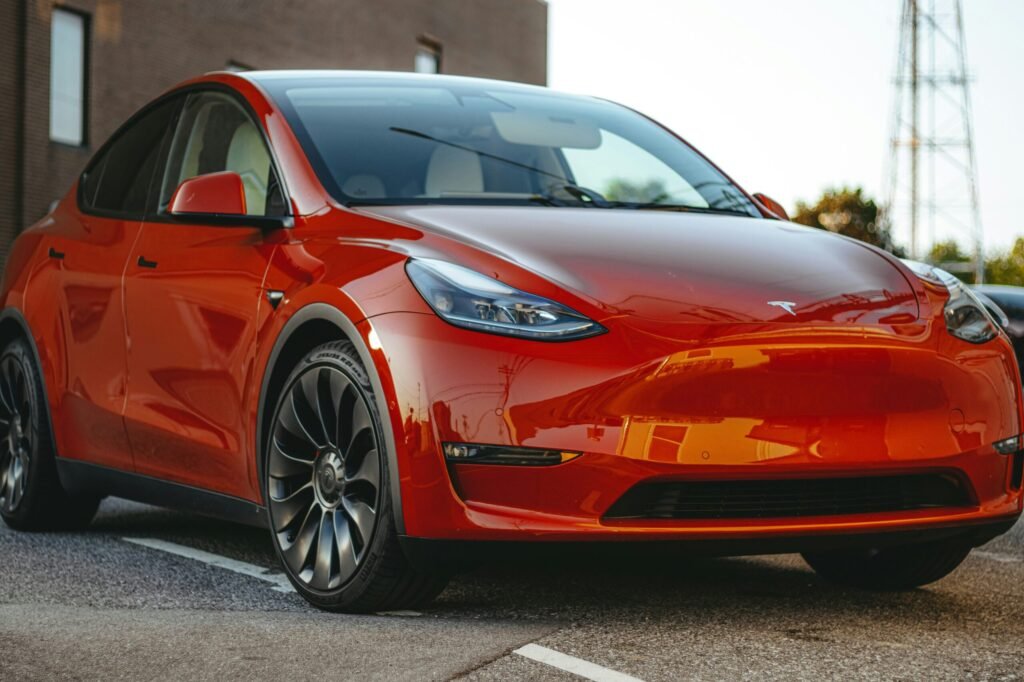
The Tesla Model 3 has a standard range of about 54 kWh. Using our formula, the cost to fully charge a Model 3 is 54 kWh * $0.13/kWh = $7.02.
Model Y Charging Costs
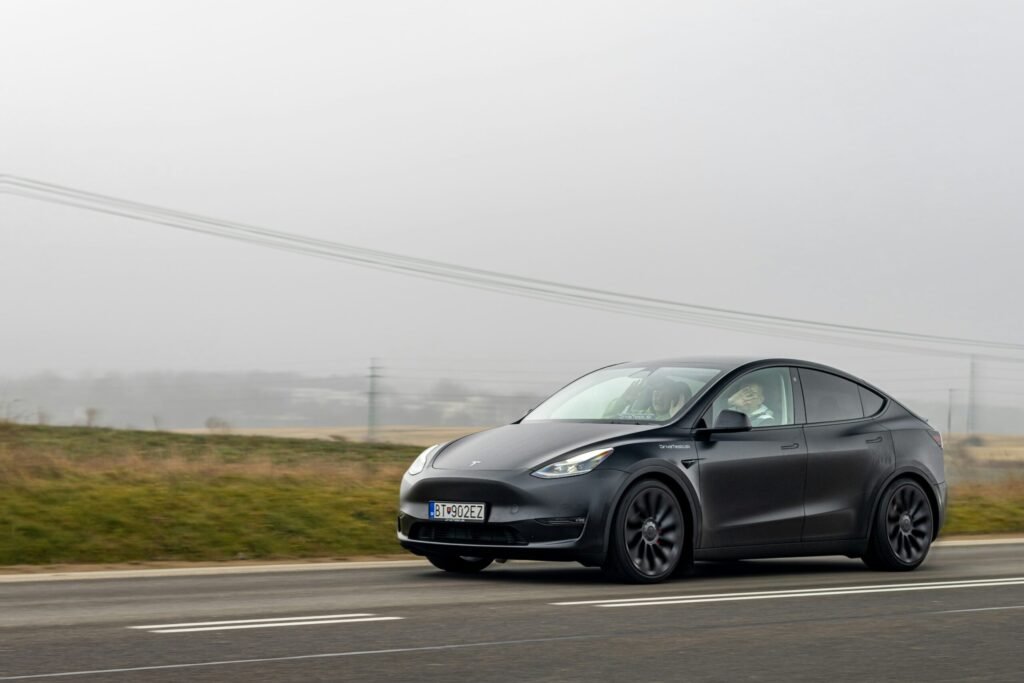
The Tesla Model Y Long Range has a battery capacity of around 75 kWh. Thus, the cost to fully charge it is 75 kWh * $0.13/kWh = $9.75.
Model S and Model X Charging Costs
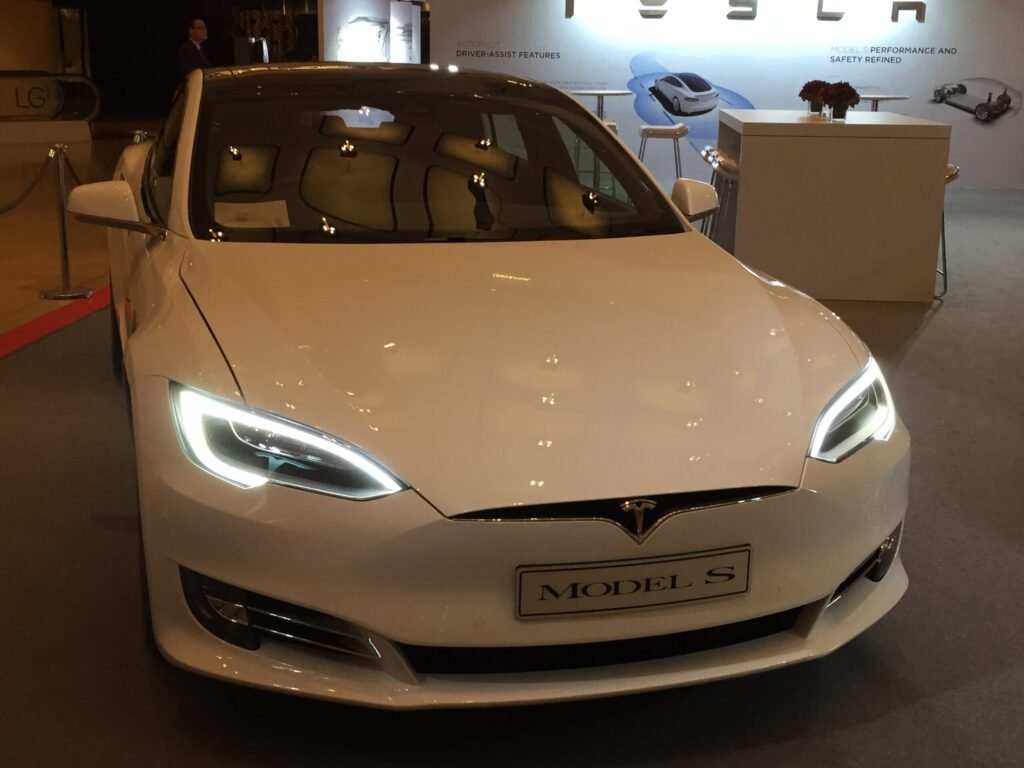
The Tesla Model S Long Range has a battery capacity of about 100 kWh, making the full charge cost 100 kWh * $0.13/kWh = $13.00. The Model X, with a similar battery capacity, will have a comparable charging cost.
| Tesla Model | Battery Capacity (kWh) | Charging Cost at $0.13/kWh |
|---|---|---|
| Model 3 | 54 | $7.02 |
| Model Y | 75 | $9.75 |
| Model S/X | 100 | $13.00 |
Home Charging vs. Supercharger Costs

While home charging is generally cost-effective, using Tesla’s Supercharger network is convenient for long trips. However, Supercharging can be more expensive. For example, Tesla charges around $0.28 per kWh for Supercharging. Using this rate, the cost to fully charge a Tesla Model Y (75 kWh) would be 75 kWh * $0.28/kWh = $21.00.
“Charging at home is not only convenient but also more economical than relying on Superchargers for daily driving needs.” –
Tesla Owner
As shown, home charging can save you money, especially for your daily driving needs. For long trips, however, Superchargers provide a fast and reliable charging solution.
Understanding Your Tesla Charging Costs
Now that you’ve explored the factors affecting the cost of charging your Tesla at home, you can better understand how much it costs to keep your vehicle charged. The cost depends on several factors, including your local electricity rates, the Tesla model you own, and the home charging equipment you use.
By using the cost calculation formula and considering real-world examples, you can estimate your charging costs. For instance, if you own a Tesla Model 3 with a 60 kWh battery and your electricity rate is 12 cents per kWh, your total cost to fully charge your vehicle would be around $7.20.
To minimize your charging costs, consider optimizing your home charging setup and taking advantage of off-peak electricity rates. By doing so, you can enjoy the convenience of charging your Tesla at home while keeping your expenses in check. Understanding how much it costs to charge your Tesla at home empowers you to make informed decisions about your vehicle’s charging needs.
FAQ
How much does it cost to charge a Tesla at home?
The cost of charging a Tesla at home depends on several factors, including your local electricity rates, the Tesla model you own, and its battery capacity. You can estimate your charging costs by using the formula: (Battery capacity in kWh) x (Your electricity rate per kWh).
What are the average electricity rates in the United States?
The average electricity rate in the United States varies by state and region. You can check your local electricity rates by reviewing your utility bill or contacting your electricity provider to determine the rate you’re being charged per kilowatt-hour (kWh).
How does the Tesla model affect charging costs?
Different Tesla models have varying battery capacities, which directly impact charging costs. For example, the Tesla Model 3 has a smaller battery capacity compared to the Model S or Model X, resulting in lower charging costs.
What home charging equipment options are available for Tesla owners?
You can choose from various home charging equipment options, including the Tesla Wall Connector, a Level 2 charger that can charge your vehicle faster than a standard outlet. Other options include third-party Level 2 chargers and smart charging systems that can be integrated with your home’s energy management system.
How do I calculate the cost of charging my Tesla at home?
To calculate your Tesla’s charging cost, you need to know your vehicle’s battery capacity and your local electricity rate. Simply multiply the battery capacity by your electricity rate to determine the total cost of a full charge.
Is it cheaper to charge a Tesla at home or use Superchargers?
Generally, charging your Tesla at home is more cost-effective than using Superchargers, especially if you have access to low-cost electricity rates. However, Superchargers can be convenient for long-distance driving, and their costs may be justified by the convenience they offer.
What is the cost of charging a Tesla Model 3 at home?
The cost of charging a Tesla Model 3 at home depends on its battery capacity and your local electricity rate. For example, if you have a Standard Range Model 3 with a 50 kWh battery and your electricity rate is 12 cents per kWh, your total charging cost would be approximately $6.
How can I reduce my Tesla home charging costs?
You can reduce your Tesla home charging costs by taking advantage of off-peak electricity rates, using renewable energy sources like solar power, and optimizing your home charging equipment for efficiency.






